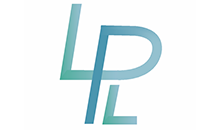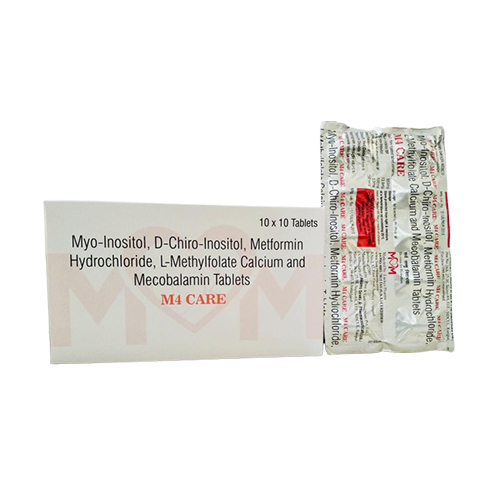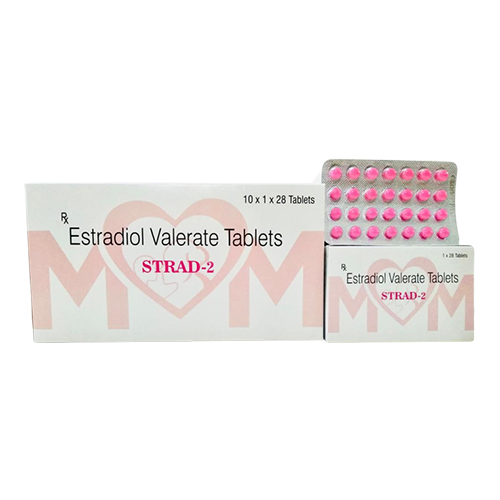EV-Prime Softgel
EV-Prime Softgel
EV-Prime Softgel– EV PRIME is a source of omega-6 fatty acids. Fatty acid supplements are important for maintaining health. It can improve overall skin health. Additionally, it improves heart health and reduces bone and nerve pain. It eliminates acne and reduces the risk of future breakouts.
Composition
- Evening primrose oil.
- Omega 6 fatty acids.
Key benefits of EV-Prime Sofgel
- Free from preservatives, gluten, wheat, soy, dairy, sugar, yeast
- Reduces acne and reduces the risk of future breakouts
- Nourishes the skin with fatty acids Very nourishing
- Helps with PMS symptoms
- May help improve overall skin health
- Improves the health of the heart and reduces bone and nerve pain.
SIDE EFFECTS When You Take Without Doctor Prescription:
Evening primrose oil is probably safe for most people when taken up to 6 grams per day for 1 year. Some people may experience mild side effects such as upset stomach, nausea, diarrhea, and headache. There isn’t enough reliable information to know if the other ingredients of this capsule are safe or if they cause side effects.
Directions for Use:
Take one soft gel capsule a day and you should take them as your doctor and healthcare professional suggests.
Safety Information for EV-Prime Softgel:
- Store in a cool, dry place
- Keep out of reach of children
- Keep away from sunlight
- Read the label carefully before use
Precautions For EV-Prime Softgel
Before taking this softgel, talk to your doctor or pharmacist if you have any kind of allergies. If you have other allergies. This product may contain inactive ingredients that may cause allergic reactions or other problems. Talk to the pharmacy for more information.
You must be logged in to post a review.







Reviews
There are no reviews yet.